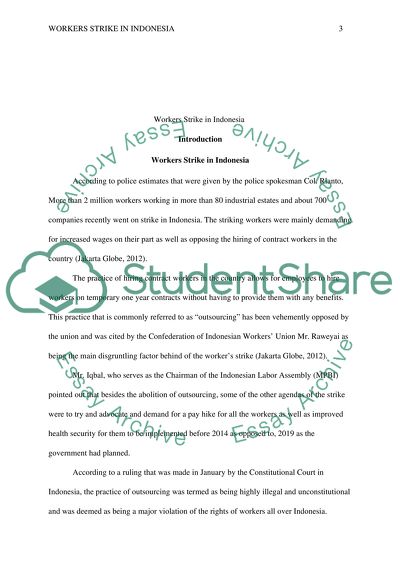Cite this document
(“Workers Strike in Indonesia Essay Example | Topics and Well Written Essays - 2250 words”, n.d.)
Retrieved from https://studentshare.org/sociology/1402303-labor-market-in-developing-country-case-indonesia
Retrieved from https://studentshare.org/sociology/1402303-labor-market-in-developing-country-case-indonesia
(Workers Strike in Indonesia Essay Example | Topics and Well Written Essays - 2250 Words)
https://studentshare.org/sociology/1402303-labor-market-in-developing-country-case-indonesia.
https://studentshare.org/sociology/1402303-labor-market-in-developing-country-case-indonesia.
“Workers Strike in Indonesia Essay Example | Topics and Well Written Essays - 2250 Words”, n.d. https://studentshare.org/sociology/1402303-labor-market-in-developing-country-case-indonesia.


